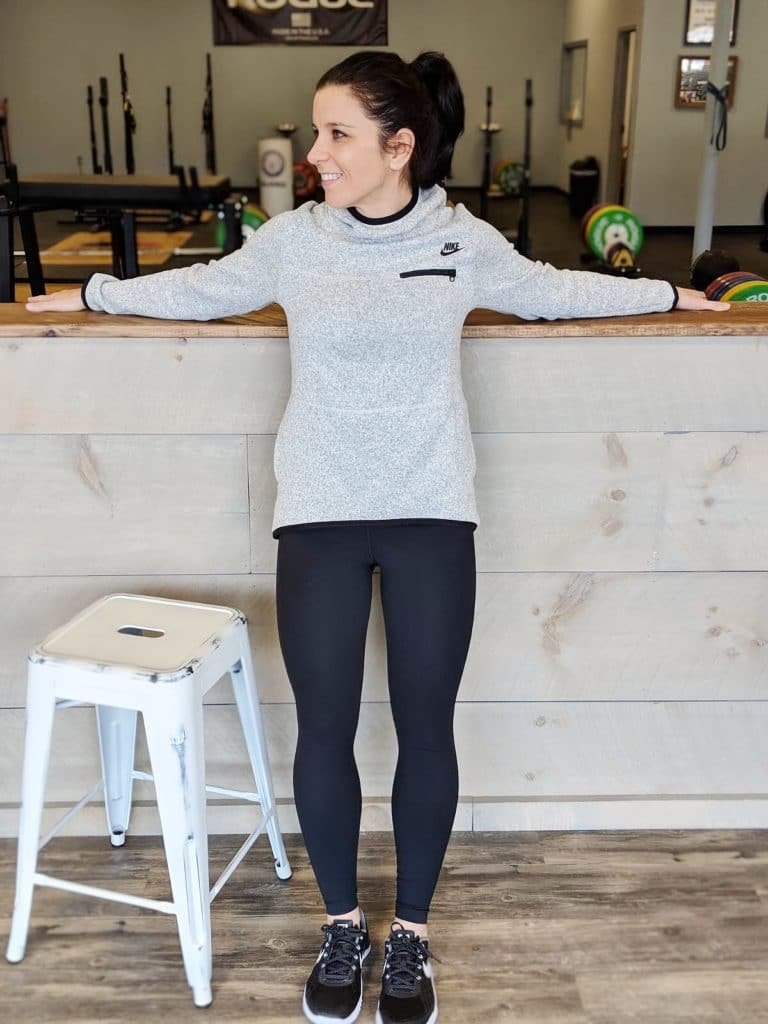
Anybody can get most cancers. However not everybody will get the identical likelihood to battle it. Individuals of shade and people residing in rural areas with fewer assets have a tougher time getting most cancers care.
At UVA Well being, we wish to take away these limitations. Overcoming most cancers disparities begins with understanding the varied wants of the folks we serve. And reaching past our partitions to fulfill them.
We’re working to get extra folks screened for cancers.
And for these going through most cancers, we’re ensuring they get entry to the very best most cancers care accessible. This typically means an opportunity to take part in a scientific trial testing the subsequent era of most cancers therapy.
Celebrating Black Historical past Month
Combating historic well being disparities requires motion within the current in addition to acknowledging the previous.
Early Detection Should not Be a Privilege
Catching most cancers early could make a giant distinction. We will discover the most typical cancers with efficient screening assessments.
In the event you discover breast, colon, cervical, and lung cancers early, they’re simpler to deal with. Exams for colon and cervical most cancers may even cease these cancers earlier than they start.
However not having sufficient cash, residing removed from medical doctors, or not figuring out about these assessments can preserve folks from getting them.
At UVA Well being, we’re making an attempt to repair this by:
- Bringing screenings to rural communities
- Working with native organizations
- Educating folks about most cancers danger components
Spreading the Phrase About Most cancers Screenings
Wendy Cohn, MEd, PhD, is UVA Well being Most cancers Heart’s affiliate director for neighborhood outreach and engagement. She leads a workforce that works to forestall and cut back most cancers within the areas UVA Well being serves.
“Screening is a approach to detect most cancers at its earliest levels, when it is most treatable and whenever you’ll have the best likelihood of survival,” Cohn says. “In the event you wait till you’ve signs, that often means you are getting identified at a later stage. Then it’s tougher to deal with successfully.”
One instance in motion? UVA Well being works with Plentiful Life Ministries within the Fifeville neighborhood of Charlottesville. Residents can get most cancers screening info. They will additionally get providers reminiscent of diabetes and hypertension screenings and vaccines to make sure their well-being.
Getting Prostate Most cancers Screening to Extra Black Males
Black males usually tend to die from prostate most cancers than white males. However why this most cancers disparity?
One motive, Cohn says, is that Black males could get identified at a later stage as a result of they aren’t getting screenings.
To assist Black males survive prostate most cancers, UVA Well being teamed up with neighborhood leaders in Charlottesville and Danville. Collectively, we created a prostate most cancers screening program. This system options knowledgeable talks and works with church buildings to attach folks to native medical doctors for screenings.
“We wish to deal with some severe disparities,” Cohn says. “We’re partaking the communities and dealing collectively to develop a set of interventions that may be delivered in numerous settings. This can be a very grassroots, community-engaged strategy.”
At UVA Well being, we’re proud to be house to considered one of solely 56 Complete Most cancers Facilities designated by the Nationwide Most cancers Institute. This implies our mission consists of decreasing most cancers’s impression and constructing well being fairness.
A technique we do that is by awarding grants annually to a number of community-based tasks. We spend money on organizations which might be working to enhance most cancers care and stop most cancers in modern, and typically enjoyable, methods. In 2022, for instance, we gave a grant to a Richmond-based nonprofit Hitting Most cancers Under the Belt. One in all their consciousness occasions is “Whack Most cancers within the Intestine!” pickleball event.
This group goals to interrupt by the silence surrounding colorectal most cancers and ensure folks begin screening at age 45. They particularly concentrate on elevating consciousness amongst these at a higher danger of early-onset and superior stage colorectal most cancers, together with African People and people born after 1990. African People are about 40% extra prone to die from colorectal most cancers than most different teams.
Connecting Extra Individuals to Most cancers Scientific Trials
Scientific trials are a approach for folks to get the latest types of therapy. Research present most cancers sufferers who participate in scientific trials do higher than those that don’t, notes Karen Ballen, MD, a UVA Well being blood most cancers knowledgeable.
However having access to most cancers scientific trials is not at all times simple.
To vary that, we’ve partnered with most cancers medical doctors all through Virginia in order that they know in regards to the newest most cancers trials we provide.
Different initiatives embody common visits to rural communities to inform sufferers about scientific trials at UVA Well being.
Do not Miss Out on Most cancers Screenings
Study why and whenever you want most cancers screening assessments.
Disparities in Most cancers Scientific Trials
Scientific trials assist consultants like Ballen advance most cancers therapy. And for sufferers, this will imply higher outcomes, like surviving many years after a most cancers prognosis.
Traditionally, scientific trials concerned extra white males than every other group. But it surely’s essential to ensure folks from all totally different backgrounds take part in scientific trials.
“We have to have a various pattern inside any of our scientific trials, in order that we are able to higher perceive what therapies may fit, or not work, for explicit teams,” says Randy Jones, PhD, RN, FAAN. Jones is a UVA College of Nursing professor whose analysis focuses on well being disparities, prostate most cancers, persistent sickness, and healthcare decision-making.
He provides, “Having a various pattern of individuals — inside gender, race, ethnicity, tradition, geographical location — helps to tell us on the several types of interventions that we are able to present for others.”


